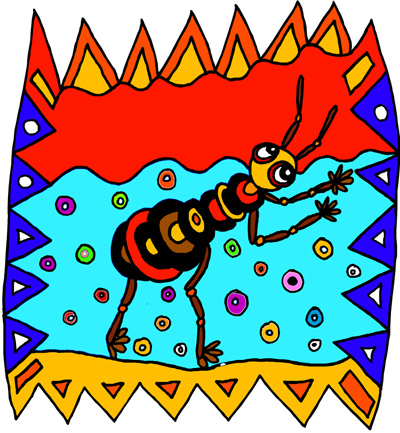Anxiety

24 September 2019
The symptoms of anxiety are often physical such as dizziness, shortness of breath, quickened heart beat, tense muscles and upset stomach. There are other common symptoms including trouble concentrating, difficulty falling asleep, and being easily upset. Anxiety can be a result of specific fear or it can be a more general, overall state.
Kids may become anxious when there is a big change such as when they begin to go to school or if the family moves to a new home. They may also develop separation anxiety when they are suddenly away from their parents or someone else important to them. Kids might complain of physical illness or behave as if they were much younger, like crying or having a temper tantrum.
More severe anxiety can take the form of phobias. They may result from a perception that the individual has no control in his or her life or that he or she is being controlled by others.
It's time to be concerned when it appears that the behaviors are interfering relationships with friends and family, or if behaviors are interfering with everyday activities. If the child indicates a will to not be alive or a wish to end his or her life, please get help immediately.
